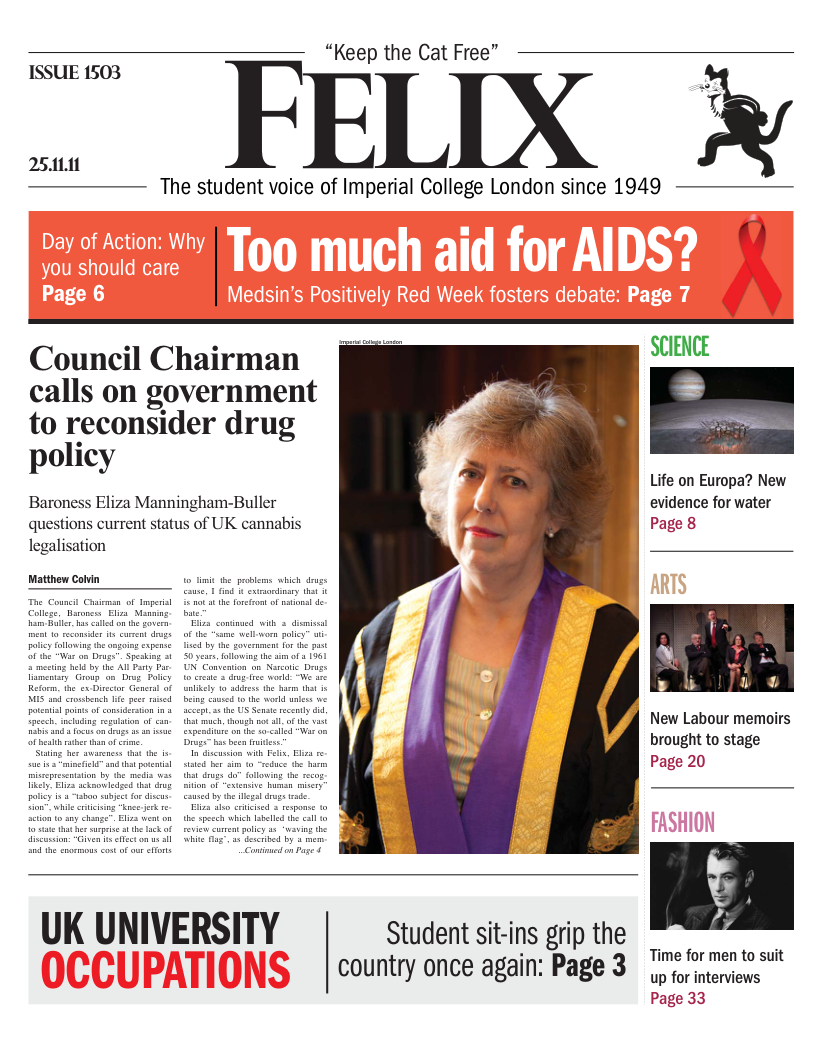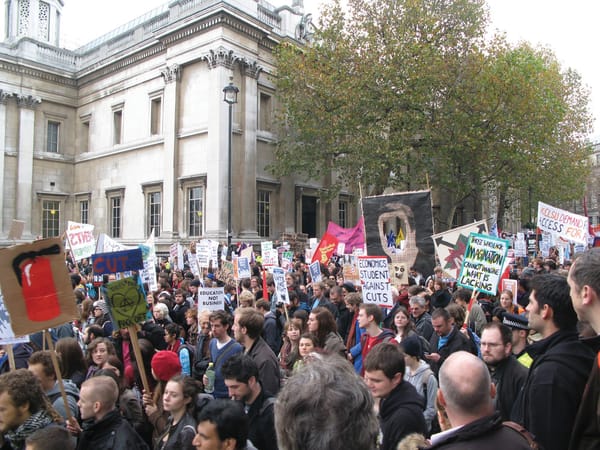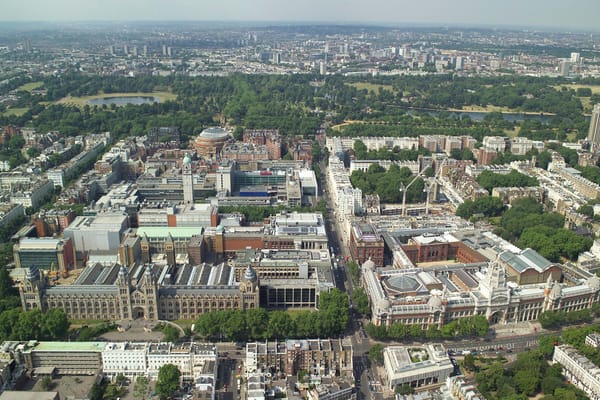The History of Legalisation
Dutch citizens to have restrictions placed on smoking activities
Originally made illegal in this country in 1928 as part of a international drive to rid the world of opium and other such nasties, the legal status of weed in the Britain depends on where it is classified under the 1971 Misuse of Drugs Act. Up until the early part of the last decade, that was Class B, which comes with a maximum 5 year jail term for possession and 14 years for supply and trafficking. However in an attempt to free up police time the government announced the reclassification of cannabis to a Class C drug. According to some reports, 190,000 police hours were saved the following year because of the reclassification. What didn’t happen, though, was the complete or even partial legalisation of Cannabis.
The story resumes with Jacqui Smith, who announced that weed was to be reclassified back up to Class B in 2005. This was amusing in a not particularly funny way because it was completely and utterly contrary to what the Advisory Council on the Misuse of Drugs recommended. Scientists resigned but the reclassification carried on as declared. Amsterdam is notorious in the tourist industry as the city where you can easily obtain cannabis. Special ‘coffee shops’ are open with their drug policy, selling items such as cannabis-cakes and general marijuana. In previous years, the Dutch regulations were divided between ‘hard’ drugs and ‘soft’ drugs, where cannabis is classed as a soft drug. The policy on soft drugs is simply that they can be taken under ‘personal use’ so that even smoking weed in public is legal. Dutch drug policy is unique as it is centred on the idea that every human being may decide about the matters of its own health.
Unlucky for some, earlier this year it was announced that there will be a change in drug regulations in the Netherlands. The Dutch government decided that by the end of 2011, the infamous cannabis coffee shops will no longer be open to tourists. Instead they will only be open to Dutch citizens where each coffee shop will act as a private club of around 1,500 members. Dutch citizens will need to obtain a membership for a coffee shop in order to use it. Additionally, some coffee shops have been forced to close due to their proximity to schools.







